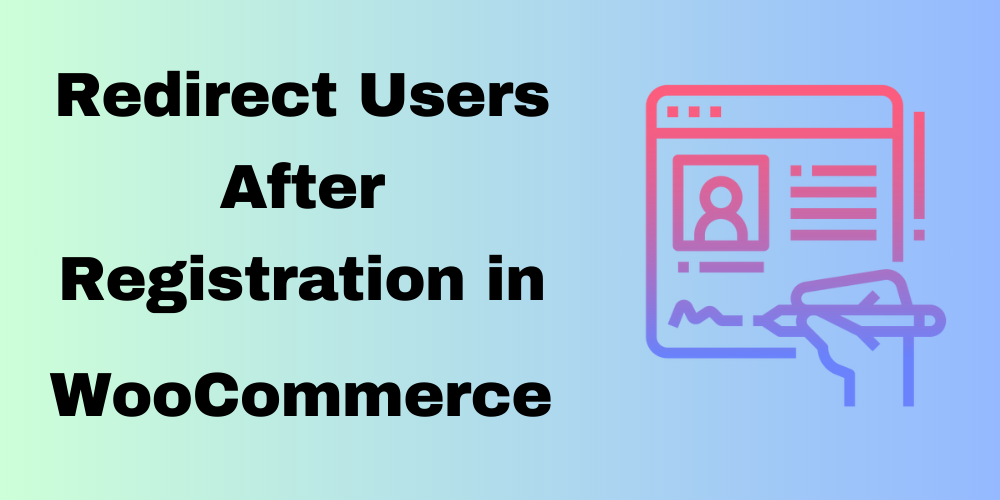Table of Contents Best WooCommerce Product Filter Plugins Why Use WooCommerce Product Filters? Benefits of…
How to Redirect WooCommerce Users After Registration for a Seamless Experience

Table of Contents
- Overview
- Why Redirect Users After Registration?
- Using the
woocommerce_registration_redirectHook - Example Code Snippet
- Customization Options
- Testing the Redirect
- Troubleshooting
- Conclusion
- FAQ
Overview
If you run a WooCommerce store, controlling where users go after registration is essential for enhancing the user experience and driving engagement. By default, WooCommerce sends users to the homepage or another generic page. This guide explains how to use the woocommerce_registration_redirect hook to customize this behavior and create a seamless experience for your customers.
Why Redirect Users After Registration?
Redirecting users after they register can:
- Improve User Experience: Direct users to a dashboard, thank-you page, or another relevant page instead of a generic location.
- Increase Engagement: Encourage users to take further actions, such as viewing products, completing their profile, or exploring special offers.
- Optimize Workflow: Guide users to specific areas of your site based on their registration details.
Using the woocommerce_registration_redirect Hook
To customize the registration redirect, add a function to your theme’s functions.php file or a custom plugin. The woocommerce_registration_redirect hook allows you to choose where users go after registration.
Example Code Snippet
Insert the following code into your functions.php file:
add_filter( 'woocommerce_registration_redirect', 'codebykp_custom_registration_redirect' );
function codebykp_custom_registration_redirect( $redirect ) {
// Define the URL you want to redirect users to
$redirect_url = home_url('/thank-you-for-registering/'); // Example URL
// Redirect to the specified URL
return $redirect_url;
}
In this example, users will be redirected to a “Thank You” page at the URL /thank-you-for-registering/ after they register. You can modify this URL to direct users to any page you prefer.
Customization Options
Dynamic Redirects
You can redirect users based on their role or registration data. Check user metadata or roles for customization.
Conditional Redirects
Add logic to redirect users based on specific criteria. For example:
function codebykp_custom_registration_redirect( $redirect ) {
if ( isset( $_POST['registration_type'] ) && $_POST['registration_type'] == 'special' ) {
$redirect_url = home_url('/special-thank-you/');
} else {
$redirect_url = home_url('/thank-you-for-registering/');
}
return $redirect_url;
}
Testing the Redirect
- Register a New User: Go to the registration page on your WooCommerce store.
- Complete the Registration Process: Fill out the registration form and submit it.
- Check the Redirect: After registering, ensure you are sent to the specified page.
Troubleshooting
- Verify URL Formatting: Ensure the redirected URL is correct and accessible.
- Check Hook Usage: Make sure no other plugins or theme features override your redirection settings.
Conclusion
By redirecting users after registration, you can enhance their experience on your WooCommerce site. The woocommerce_registration_redirect hook allows you to guide visitors to relevant pages, improving usability. Follow these steps to customize your registration process effectively.
If you have any doubts or something isn’t working as expected, please contact us or leave a comment below.
FAQ
What is the woocommerce_registration_redirect hook?
The woocommerce_registration_redirect hook allows you to define a specific URL for redirecting users after they register on your WooCommerce store.
Can I redirect users based on their registration data?
Yes, you can implement conditional logic in your redirection code to customize the URL based on user roles or registration types.
What if the redirect isn’t working?
Check the URL format to ensure it is correct and accessible. Also, verify that no other plugins or themes are conflicting with your settings.







This Post Has 0 Comments